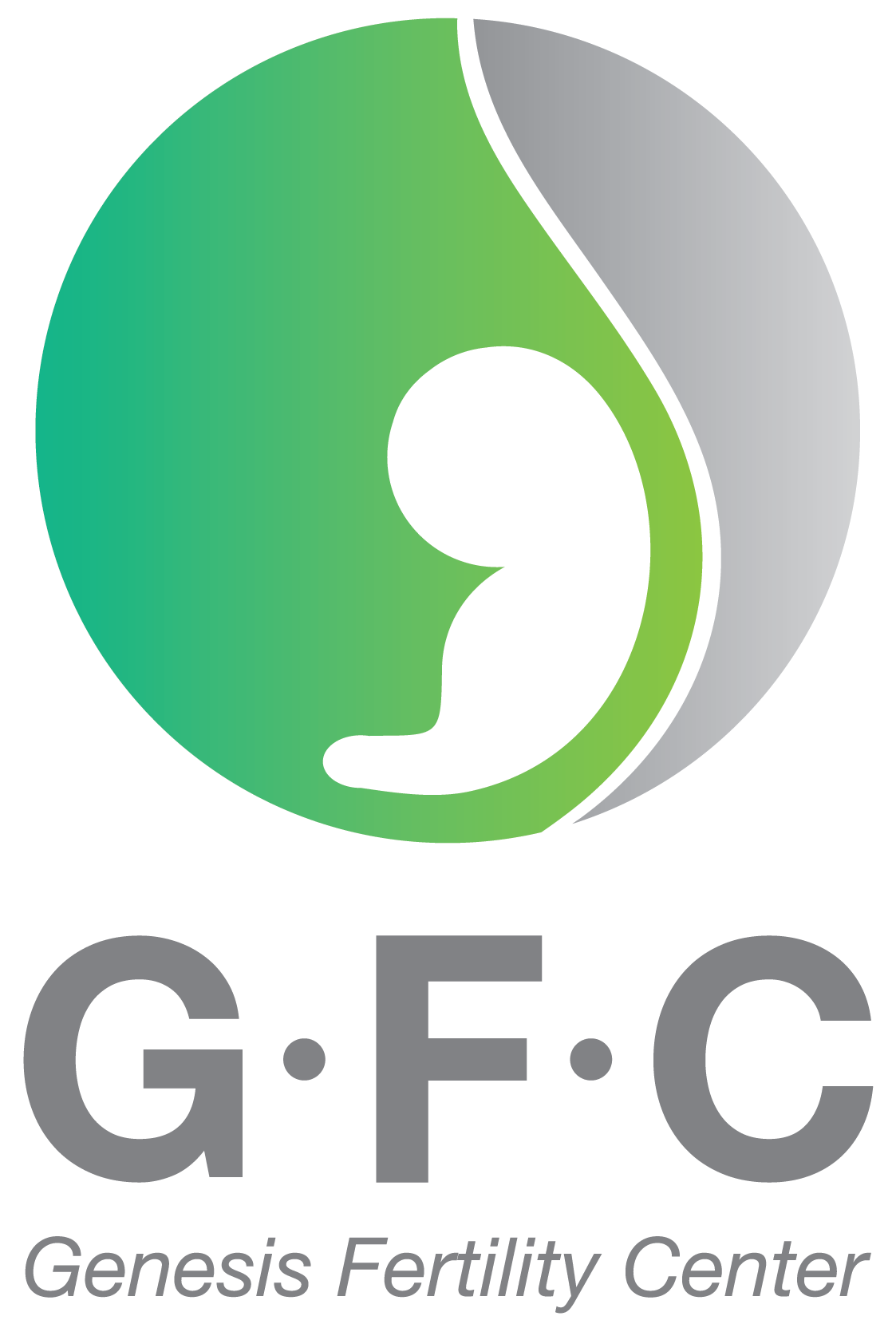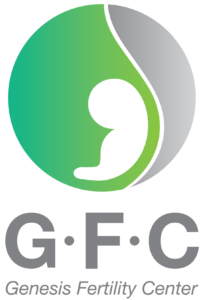For couples who want to have children through ICSI/IVF, the ‘Blastocyst-stage embryo’ is helpful in increasing the chances of pregnancy.
When a couple is faced with infertility but desires to have a child and is currently researching options for fertility treatments with the help of medical professionals, such as in vitro fertilization (IVF) or intracytoplasmic sperm injection (ICSI), it is important for them to understand the concept of blastocysts. Blastocysts are embryos at a specific stage of development that increase the likelihood of successful implantation and pregnancy.
What is a Blastocyst?
The blastocyst is a group of cells that divide from the fertilized egg, which is one of the stages leading to pregnancy. The blastocyst stage takes about 5–6 days after fertilization. The inner cells of the blastocyst will divide into 80–120 cells, including embryonic stem cells and trophoblast cells that are ready to implant into the uterine lining. Therefore, it is called the implantation-ready stage and becomes a structure that protects and nourishes the developing fetus in the uterus.
The Blastocyst stage is the term used to refer to the developmental stage of an embryo that occurs after fertilization and takes approximately 5–6 days. Blastocysts produced through IVF/ICSI are cultured in a high-quality incubator, under the close supervision of a team of scientists. The incubation process involves the careful control of temperature, humidity, pH balance, nutrients (in the form of embryo culture media), and air condition (gases), for a period of 5–6 days until the embryos reach a strong and suitable Blastocyst stage. Once the Blastocysts are deemed viable, they can be transferred to the uterus for implantation.
How is the Blastocyst important for pregnancy?
Blastocyst-stage embryos are a critical and important stage of development for the embryo and fetus in pregnancy. If the embryo does not implant in the uterine lining of the female, pregnancy will not occur and will instead result in menstruation. If the blastocyst successfully implants into the uterine lining, the outer cells of the blastocyst will attach to the outer layer of the uterine lining. During the implantation process, a sticky protein called L-selectin is released which binds to substances in the uterine lining. A fully implanted blastocyst will eventually develop into a fetus. As the outer cells of the blastocyst implant deeper into the uterine lining, these cells become the placenta which delivers oxygen and nutrients to the developing fetus. Some of these cells also create the amniotic sac, which is filled with clear fluid that surrounds and protects the developing fetus.
How is the Blastocyst important for IVF ICSI?
The Blastocyst stage is the most suitable stage for scientists to measure the quality of the embryo, and it is easier to perform than other stages. During IVF or ICSI treatment, healthcare providers will evaluate and grade the blastocysts based on their completeness, shape, cell count, and density in the laboratory to determine which embryos are most likely to result in successful pregnancy. The grades are usually divided into A, B, and C in order, and the embryo grading system is in accordance with the Gardner and Schoolcraft (1999) grading system. The embryos will be classified into 3 stages based on their characteristics, which are:
- Expansion stage: This is the stage where the embryo expands by cell division and is divided into 6 levels:
– Early Blastocyst
– Blastocyst
– Full Blastocyst
– Expanded Blastocyst
– Hatching Blastocyst
– Hatched Blastocyst (ICSI) - Inner Cell Mass (ICM): This is a group of cells that will grow into the embryo and implant into the uterine wall. It is divided into 3 grades:
– Grade A means an embryo with a high number of cells and they are tightly packed together.
– Grade B means an embryo with a moderate number of cells and they are somewhat dispersed.
– Grade C means an embryo with a very small number of cells, and some cells may not even be visible. - Trophectoderm: This is a group of cells that will attach and implant into the uterine wall. It is divided into 3 grades:
– Grade A means cells that are evenly arranged, beautiful, and the same size.
– Grade B means cells that are not well arranged, with both small and large sizes.
– Grade C means cells with a very low cell count.
The advantages of using Blastocyst stage embryos in IVF ICSI.
- Selecting high-quality embryos: When the embryos reach the Blastocyst stage, scientists can select the best quality embryos and transfer them to the uterus or freeze them for future use. Transferring Blastocyst-stage embryos that have been carefully selected increases the chances of successful pregnancy and reduces the waiting time for pregnancy.
- Reducing the risk of multiple pregnancies: Multiple pregnancies carry risks for both the mother and the babies, such as premature delivery or fetal death. By transferring only one high-quality Blastocyst stage embryo, the chance of getting pregnant with a single, healthy baby is increased to about 40–50%. If the embryo has been screened for chromosomal abnormalities and the result is normal, the chance of getting pregnant can increase up to 70%.
- Increase the chance of getting pregnant: The proper cultivation of blastocyst stage-embryos in IVF/ICSI can increase the chance of success in pregnancy. When the embryos are grown to the blastocyst stage, selecting and implanting them at this stage can help increase the chance of a successful pregnancy.
- Screening for abnormal chromosomes: Scientists can extract outer cells of the blastocyst embryos to screen for abnormal chromosomal numbers. This method can accurately detect 23 pairs of chromosomes with a precision of 99%. It is also a screening method for women over 35 years old or those who have experienced recurrent miscarriages.
- Screening for genetic disorders: This ensures confidence that the embryos are of high quality and do not have any hidden chromosomal abnormalities. For example, severe types of Thalassemia can be screened for. Importantly, chromosomal screening does not affect the success of pregnancy as the cells are taken from the placenta, which does not affect the embryo in any way.
- The remaining embryos can be frozen: The transfer of embryos into the uterus can be done with an appropriate number of high-quality embryos left for cryopreservation. This allows for the preservation of embryos of good quality that can be used in subsequent rounds if the couple is not successful in conceiving.
For the limitations of blastocyst-stage embryos, nurturing blastocyst-stage embryos with a small number of eggs and not many embryos can result in few embryos surviving to be transferred back to the uterus on day 5–6. This may be due to poor growth or quality of the embryos. Therefore, the key factor in nurturing blastocyst-stage embryos is whether they will develop into blastocysts or not, aside from the technologies and expertise of the laboratory and scientists. The important thing is the quality of the embryos, which is a result of the quality of the female egg cells and the sperm from the male.
For couples who are undergoing IVF/ICSI treatment to have the best quality blastocysts possible, they should prepare their bodies at least 3 months in advance by consuming nutritious foods and necessary supplements to nourish their eggs and sperm. They should also address any health issues such as fibroids, endometriosis, blocked fallopian tubes, and swelling that may cause hindrance before the egg/sperm retrieval and embryo transfer process. The most important thing is to thicken the uterine lining to the appropriate level to prepare for the embryo transfer.
The chance of success in achieving pregnancy through IVF/ICSI depends on the quality of the embryos. Once a couple understands the importance of having high-quality blastocysts, they should prepare their bodies to undergo fertility treatment by ensuring they are healthy and in good shape.
If you are a couple seeking help with infertility issues and considering IVF/ICSI, Genesis Fertility Center is a clinic dedicated to assisting those struggling with infertility from diagnosis to treatment. We provide suitable and effective methods with high success rates, fulfilling the dream of having a family.
Call Center 097-484-5335
Monday–Friday: 9.00–20.00 Saturday–Sunday: 8.00–20.00.



